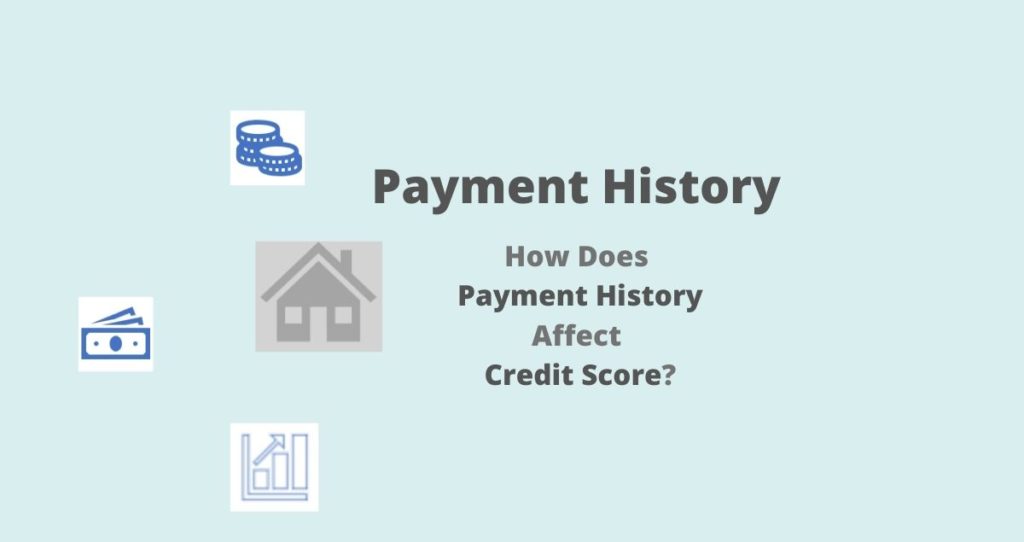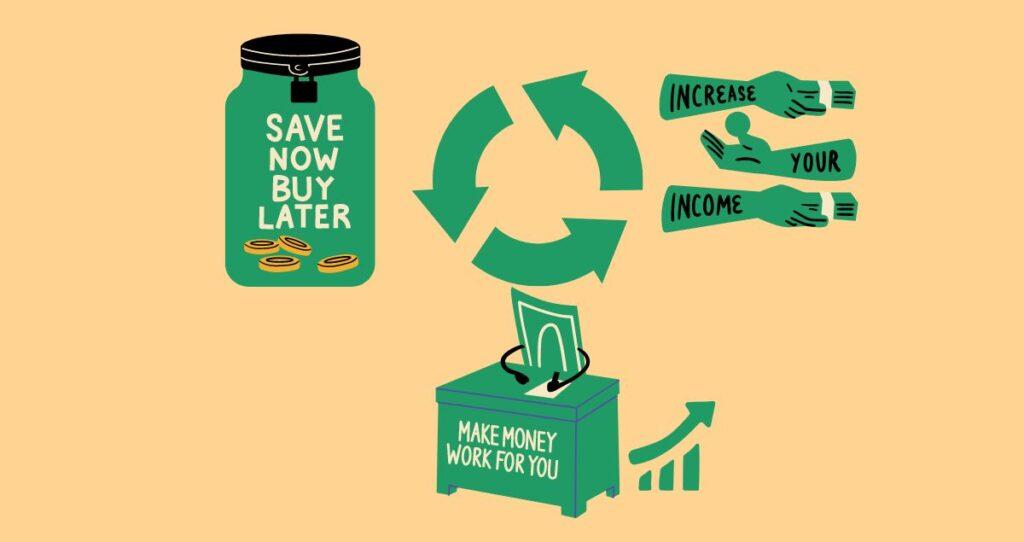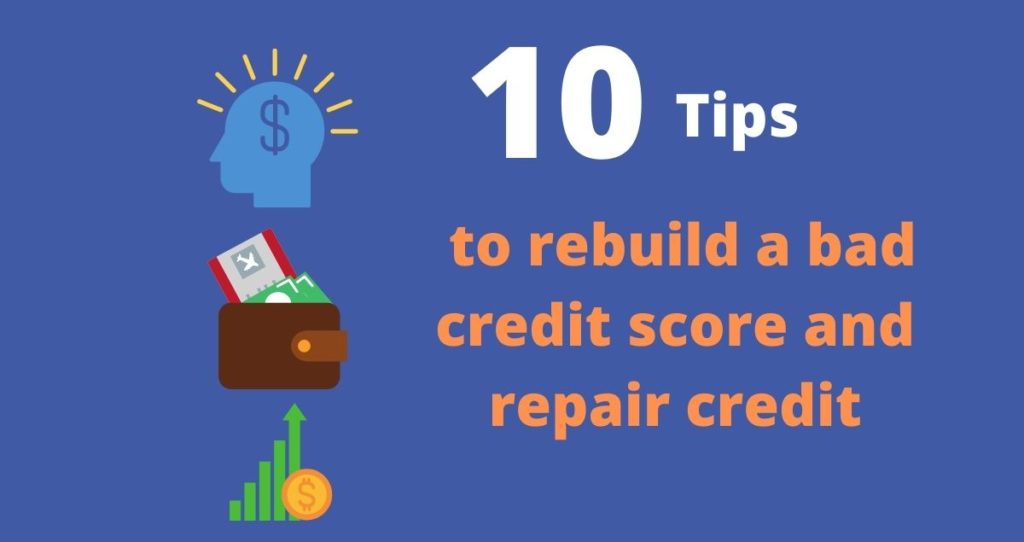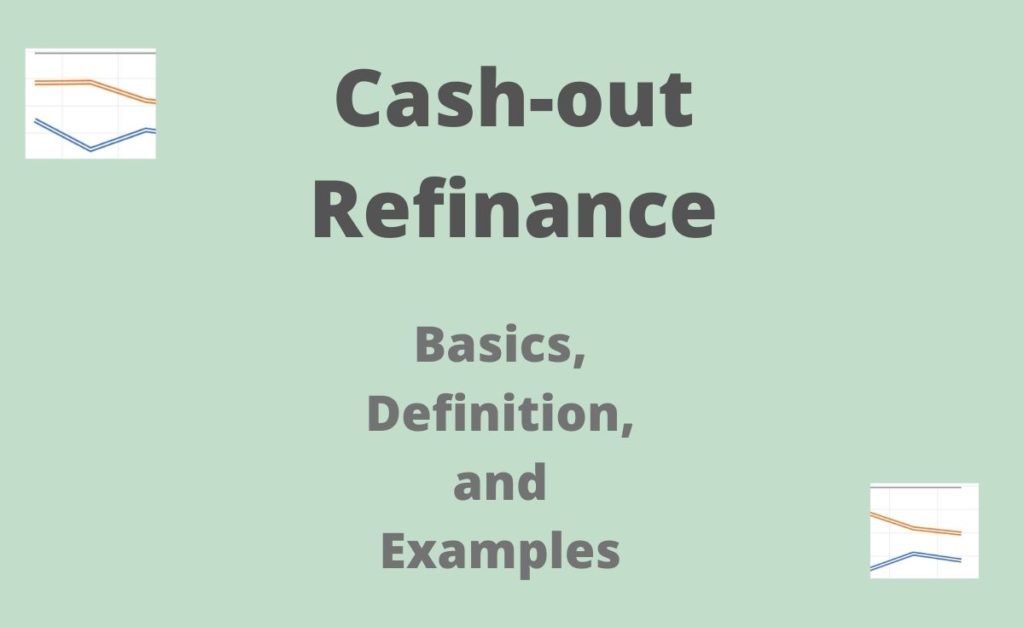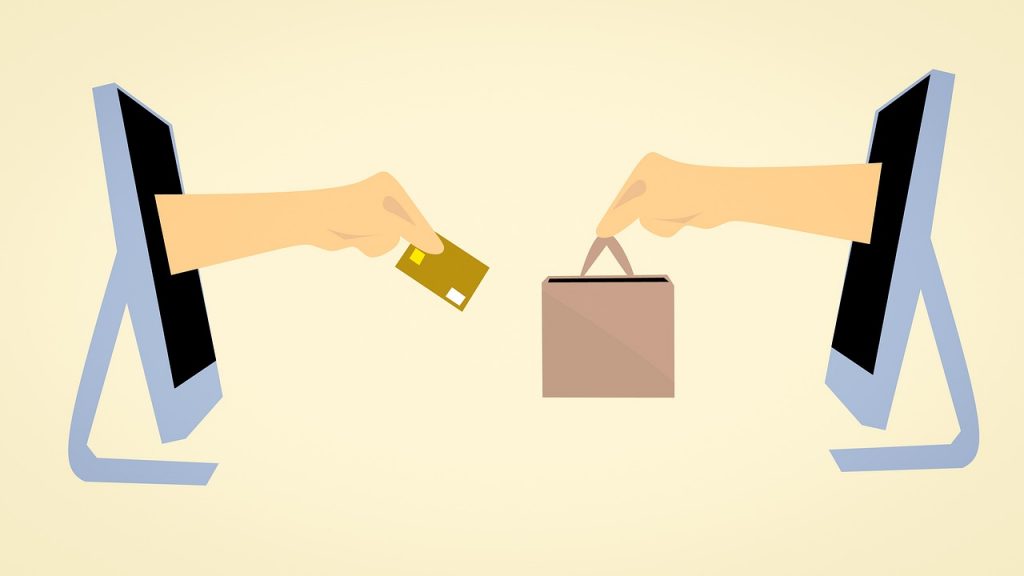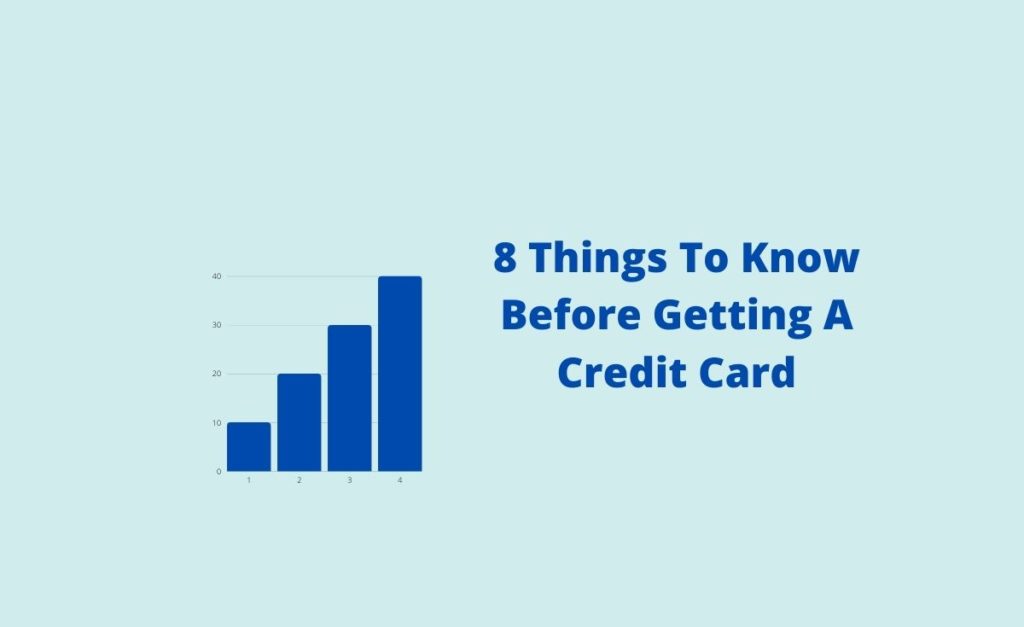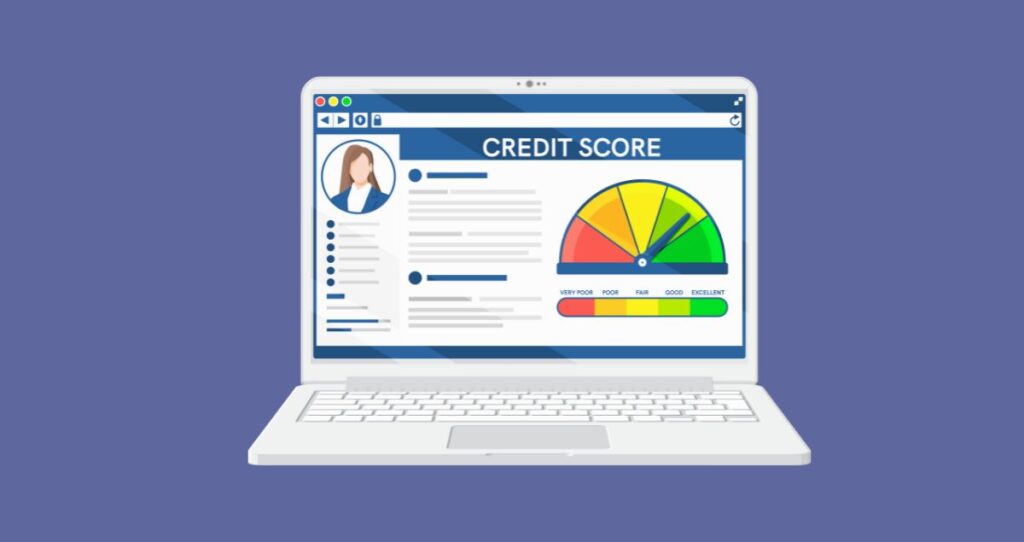If you have credit cards or loans, you probably make monthly payments. All payments you make on all of your financial accounts (loans, mortgages, credit cards, and related financial accounts) will be reported to credit reporting companies (Experian, TransUnion, Equifax). Credit reporting companies will then compile your payment history profile.
Your payment history will show how you made all your payments for your entire credit history. If you made your payments on time, you will have a good payment history. On the contrary, if you had late payments, your history will be affected accordingly.
Late payments will affect your credit history and credit score. Moneylenders treat your payment history very seriously and it is the most important factor considered when calculating your credit score.
In this article, you are going to learn why your payment history matters, how it affects your credit score, and more importantly, what you can do to improve it.
Why is your payment history important?
Your payment history is very important as it helps investors and money lenders to evaluate how risky it is to lend you money.
Let’s assume that you are a lender and some random person shows up for a loan.
What are the top two questions you would need answers for?
Regardless of how much money the person is borrowing, the following are the top two questions you would need to get answers for.
- Is the borrower qualified for the loan? If so,
- Can the borrower be able to pay off the loan?
The borrower’s payment history will play an important role in answering these two questions. In other words, the payment history will show that:
- The borrower had loans
- How much those loans were
- Their payment behaviors(missed payments and how many, evictions due to missed payments, payments sent to collections, etc.)
Moneylenders consider borrowers with bad payment histories risky, and for this reason, it is difficult for them to qualify for loans. If they qualify for loans, they pay higher interest on the loans to balance the risk taken by lenders.
How does a payment history affect credit score?

The payment history affects your score more than any other factor. As noted by myFICO, the payment history accounts for 35% of credit score calculations. The better your payment history, the higher your credit score will be. Good payment history makes you a less risky borrower. As a result, you qualify for better terms and a lower interest rate.
There are other factors that will affect your credit score calculations, according to Experian. These factors include the following:
| Factor | Effect on Credit score |
| Payment History | 35% |
| Credit Utilization | 30% |
| Length of Credit | 15% |
| Credit Mix | 10% |
| Hard Inquiries | 10% |
From the above list, you can see that your payment history alone will wreck your score if you don’t watch out.
The following article can help you learn more on how each factor will affect your credit score.
>>MORE: 6 Factors That Improve Or Hurt Your Credit Score
How many days a payment is considered late and reported?
A missed payment will not be reported as a late payment right away. As noted by NerdWallet, missed payments can legally be reported and affect your credit score after 30 days from the due date.
Once you pass 30 days form the due date, the late payment will appear on your credit report.
To avoid late payments, you must at least pay the minimum payment requirements for each of your credit accounts.
>>MORE: Credit Report Overview
What are accounts considered in payment history?
As reported by myFICO, the following accounts are the ones considered for payment history.
- Installment loans
- Mortgages
- Retail accounts
- Accounts from financial companies
- Credit cards
How to improve payment history?

Since your payment history is the most important factor used when calculating your credit score; it is important that you make all your payments on time.
What if your payment history is already in bad shape?
This is not the end of the world. You can always improve your payment history and get back on track.
The following are a few tips you can use to improve your payment history.
1. Start making payments on time
The first and most important step is to start making your payments on time.
Although you don’t necessarily have to pay off all the money you owe the lender, you should always meet the minimum monthly payments. If you have credit cards, for example, your credit provider will post the total balance and give you payment options. One of these options will be the minimum payment required.
It is very important to make at least the minimum payment to avoid fees and other charges. This will also reduce the chances of turning your payments into late payments.
If you have more money and your lender allows it, pay as much as you can. This will reduce the outstanding balance on your accounts and bring your payments to a manageable range.
The longer you make your payments on time, the higher and stronger your credit score and payment history will become.
>>Related: 11 Easy Ways To Reduce Credit Card Debt
2. Work with your lender on missed payments
You should always be honest with your lenders and let them know your financial difficulties. If you missed a lot of payments and cannot keep up with charges, talk to your lender(s). Your lender is not your enemy, and more importantly, he knows there are higher chances he can lose money once you default.
To reduce this loss and make it easy for both of you, he will be willing to work with you on a payment plan that fits your current financial situation. With adjusted payment requirements, you will more likely be able to make your payments on time.
3. Set up payments alerts

Do you miss your payments because you forget? I can’t blame you. It is sometimes difficult to keep up with all your loans. For example, if you have 3 credit cards, 2 car loans, and a mortgage, you could easily miss one or more payments.
Setting up an alter for each payment will give you a chance to cover each one of them on time.
4. Reduce credit card usage and avoid accumulating more debt
Is your payment history messed up because you have too much debt? If this is the case, the first step to take is to reduce your credit usage. For example, if you have accumulated a lot of credit card debts, the first step to improve your payment history is to reduce credit card spendings.
Why is this important?
Reducing your credit card usage will stop your debt from increasing exponentially. Think of this as a leaking roof that is pouring a lot of water inside your house. Your first step should not be to clean the mess. Instead, you should seal the hole in the roof and clean later (as long as it is safe to do so).
This concept can apply to your debt. By reducing your credit card usage, for example, you will keep your debt at a manageable level. This is more effective for those who cannot meet their minimum monthly payments.
The payments you will make will reduce your outstanding balance until you reach an affordable monthly payment. Hence, giving you a chance to make your payments on time.
>>MORE: How To Pay Off Credit Card Debt? 10 Tips I Used
5. Set up automatic payments
Are you too busy to login into each of your accounts and make payment? If so, setting up automatic payments can solve this problem.
Most lenders and credit card providers will give you an option to sign up for autopay. If you accept these services, lenders will take the money from your account at the date you specified.
NOTE: You must keep enough money in your bank account at all times to avoid late payments, charges, and fees from your lender and overdraft fees from your bank.
6. Get a second job or a side hustle
Are you falling behind because you don’t have enough money to make all your payments? If so, getting a second job or a side hustle can help.
Creating a second income will bring in more money than you can allocate toward paying off your debt. If you don’t like having a second job, you can work extra hours at your current job as long as your employer(s) allows it.
